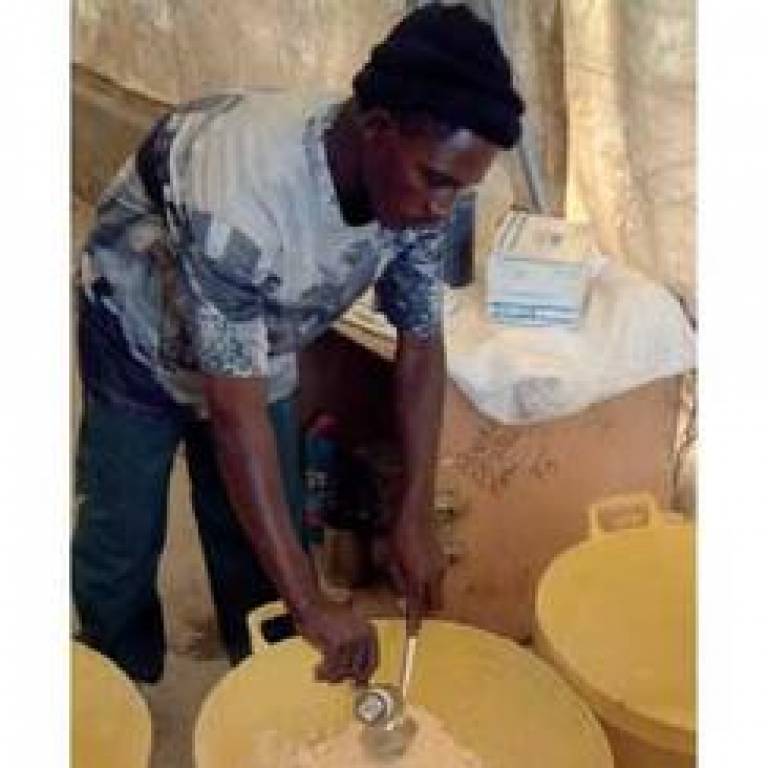Interventions for health workers needed in sub-Saharan Africa
5 March 2008
Links:
 ucl.ac.uk/cihd/" target="_self">UCL Centre for International Health & Development
ucl.ac.uk/cihd/" target="_self">UCL Centre for International Health & Development'The Lancet'
A new study has called for policy interventions in sub-Sahara African countries to resolve issues relating to income and pay of health workers in the region. The paper features in a Human Resources for Health Special Edition of 'The Lancet'.
Lead authors Dr David McCoy (UCL Centre for International Health & Development) and Dr Sara Bennet (World Health Organisation, Switzerland) recommend that in order to optimise the distribution and mix of health workers, policy interventions to address their pay and incomes are needed. Fiscal constraints to increased salaries might need to be overcome in many countries, and non-financial incentives improved.
The team found accurate and complete data scarce, but noted that between 1989 and 1996, real wages for civil servants - including health workers - fell in 26 of the 32 sub-Saharan African countries for which data are available. Presently, pay structures vary between countries and are often complex.
The authors said: "Health workers commonly use other sources of income to supplement their formal pay. The pay and income of health workers varies widely, whether between countries, by comparison with cost of living, or between the public and private sectors."
It was also noted that large differences in pay between different types of employers can result in an internal brain drain and mitigate against a more appropriate distribution of scarce staff according to need. The report calls for efforts to bring greater order to the labour market for health workers.
Irregular payment is a major issue, with one Zambian survey showing that 15 per cent of staff had not always received their regular salary payment, 80 per cent reporting late payments, and 10 per cent reporting they had to pay a so-called expediter's fee to obtain their salaries.
Length of service benefits seem to vary widely - in Burkina Faso, public sector pay did not increase with length of service, while Ghanaian salaries increased by a factor of 1.7 over the working life of a doctor, and by 3.7 for midwives.
"The prospect of government budgets in sub-Saharan Africa increasing due to economic growth is slim," said Dr McCoy: "For these countries, an increase in public-sector employment and pay for health workers would require sustained external or donor financing."
Dr McCoy added: "Other solutions that need to be implemented concurrently include non-financial incentives to affect the motivation of health workers. Improving job satisfaction and career progression, enhancing working conditions and the quality of supervision, addressing on-the-job safety and security concerns, redressing the unavailability of good schools for children in rural areas, and improving the structure and management of the payroll could all contribute to retention, motivation, and payment of health workers within the public sector, especially in rural regions where staffing problems are most acute."
To find out more, use the links at the top of this article.
Image: Healthworker in Africa distributing infant formula milk
 Close
Close

